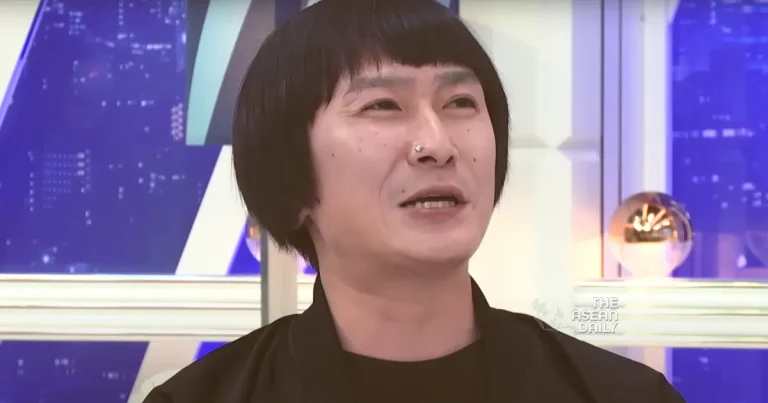26-9-2023 (TOKYO) Age has always been a topic that can make people uncomfortable, leading many to be guarded about revealing their true age. However, in a unique twist, a Japanese man has taken this to a whole new level. Born in 1984, he identifies as a 28-year-old, describing himself as “trans-age” and rejecting societal expectations that come with his chronological age.
This unconventional narrative came to light when a Japanese man named Jackie, residing in Kyoto, shared his story on an AMEBA Prime reality show. While his birthdate is January 5, 1984, he insists on identifying as a 28-year-old, employing the concept of being “trans-age.” In essence, he aligns his age with his mentality rather than his year of birth.
The catalyst for this shift in self-identification occurred seven years ago at his workplace when he experienced significant stress. He recounted an incident in which his employer reprimanded him, questioning, “How can you not know how to do this at your age?” This encounter led Jackie to recalibrate his age perception, and since then, he has consistently presented himself as a 28-year-old.
Jackie explained his rationale, stating, “I still wanted to stay young, but knowledge and experience are important to me as well. So, I feel that 28 is an age where I can be both an adult and a youth.” Despite his strong personal conviction, official documents and forms still require him to disclose his actual age, a process he reluctantly adheres to, recognizing it as a legal requirement.
Dr. Takashi Sugiyama, a psychologist and professor at Kanagawa University, shed light on this phenomenon, noting that individuals like Jackie are not uncommon in contemporary society. He explained, “There are people in their 40s who feel like their mental state and how they perceive the world at large is more of a 15-year-old’s. Surprisingly, there are many people like that.”
In a society that often places substantial emphasis on one’s age, it is not uncommon for individuals to experience a dissonance between societal expectations based on their age and how they genuinely perceive themselves. Jackie’s experience serves as a poignant illustration of this dissonance, reflecting how individuals like him navigate their self-identity in the face of societal norms and personal convictions.




